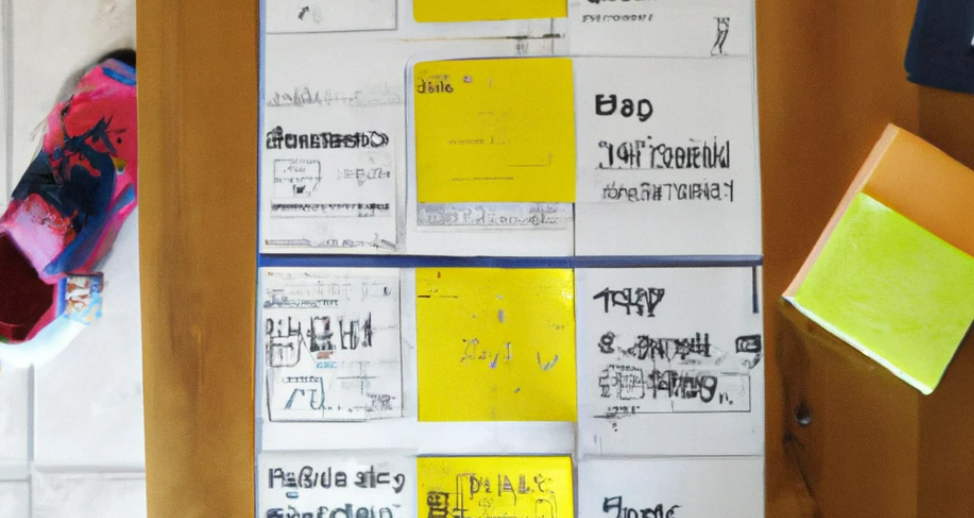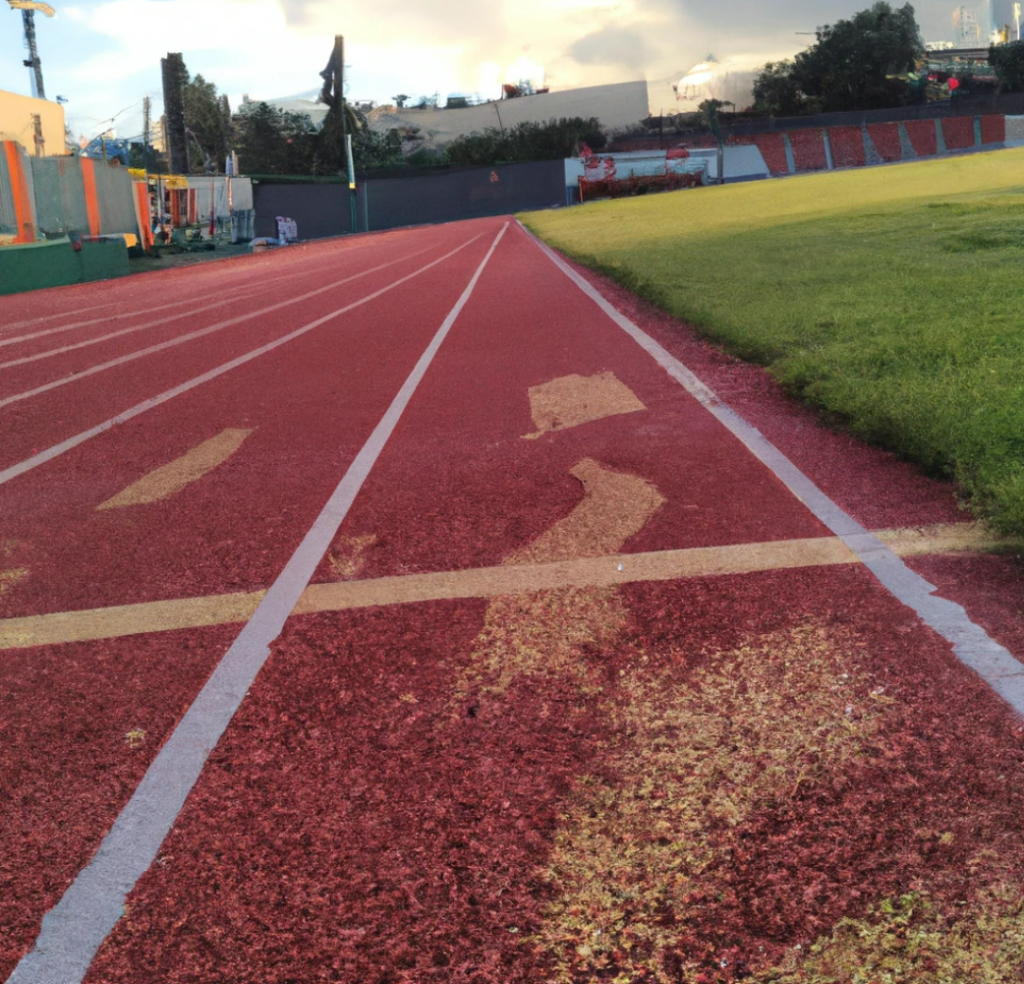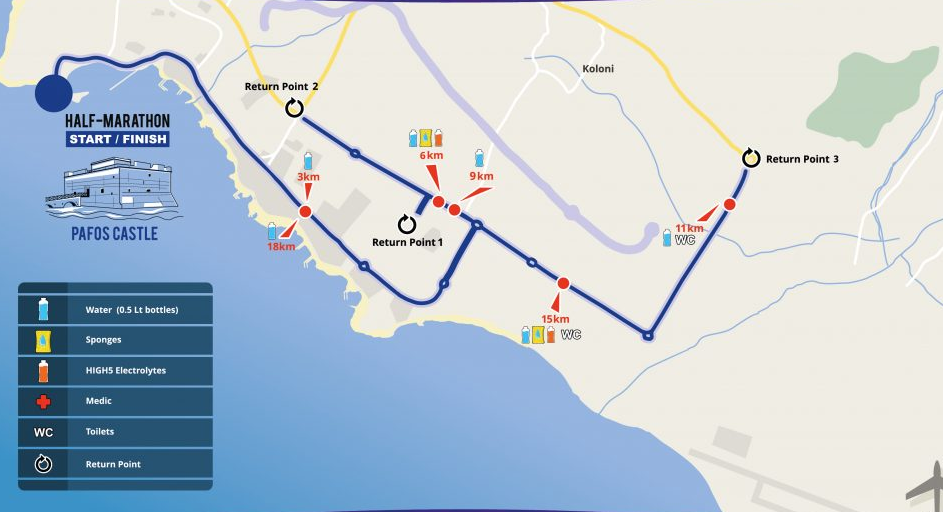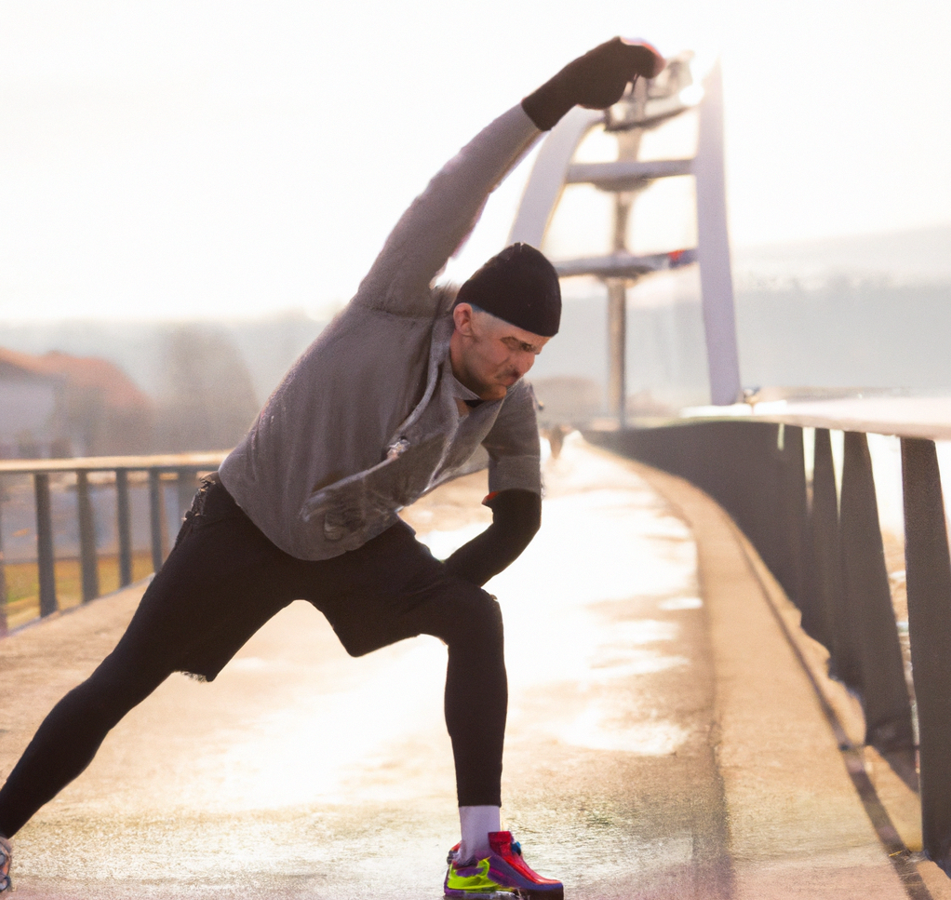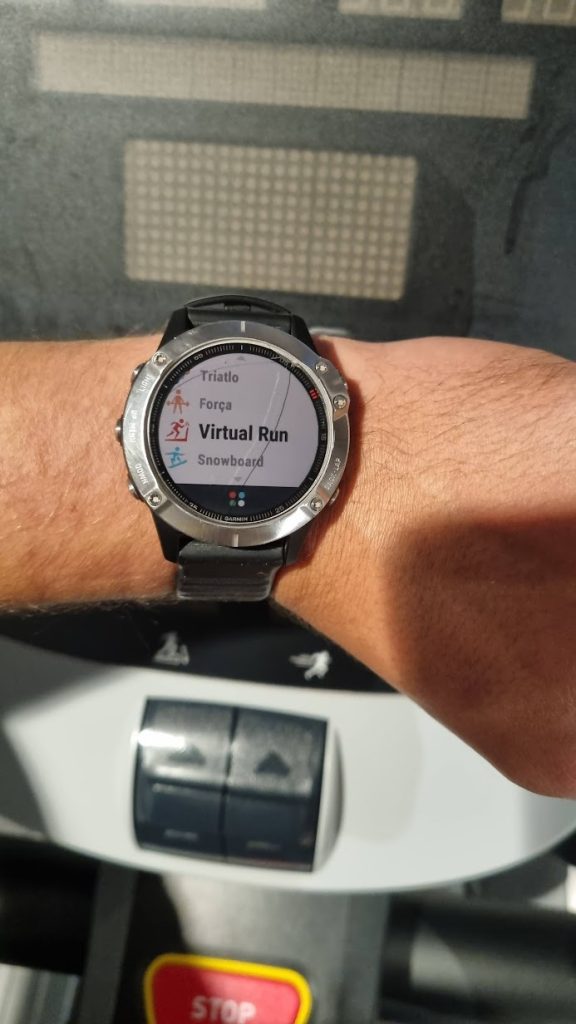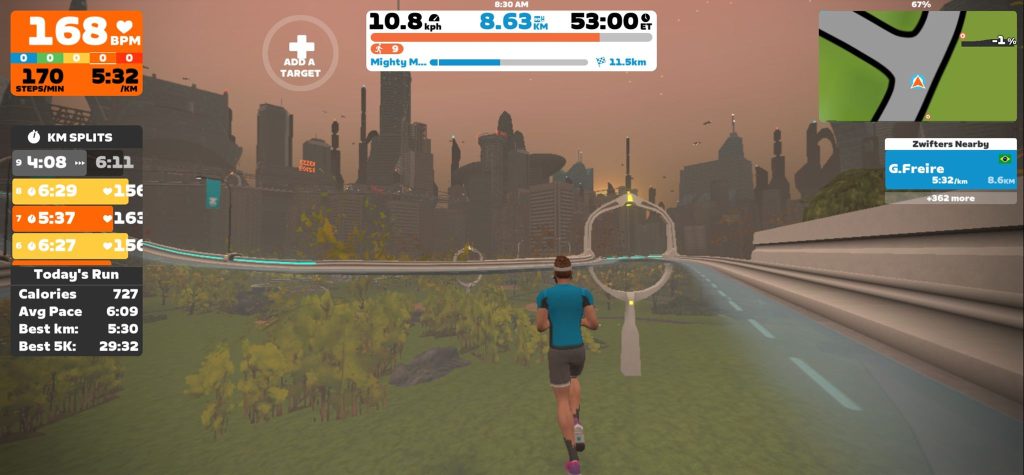Race Review: Cyprus Half Marathon
Review: Cyrpus marThis weekend, I ran the 25th Cyprus Half Marathon as part of my training for the upcoming Barcelona Marathon, and I have to say it was a unique experience. The race was well-organized, with water stations every 3km. However, the course was a bit monotonous with multiple turnarounds, some hills, and running in the middle of nowhere. Nevertheless, the race was worth it as it provided an opportunity to explore a new country and its culture. There were around 3,000 runners, and I managed to improve my time by 2 minutes compared to my previous half marathon in Barcelona, despite being around 8kg overweight. Overall, I would recommend this race to anyone looking to combine a holiday with a half marathon experience.
The starting line of the Cyprus half marathon is located at the ancient castle, a highly touristic and beautiful location in the city. The stunning views of the Mediterranean Sea, combined with the castle’s unique architecture, make it a perfect backdrop for the beginning of the race. It’s a great way to experience the local culture and history of Cyprus while also participating in a challenging athletic event. The energy and excitement at the starting line are palpable, and runners are sure to feel motivated and inspired to tackle the course ahead.
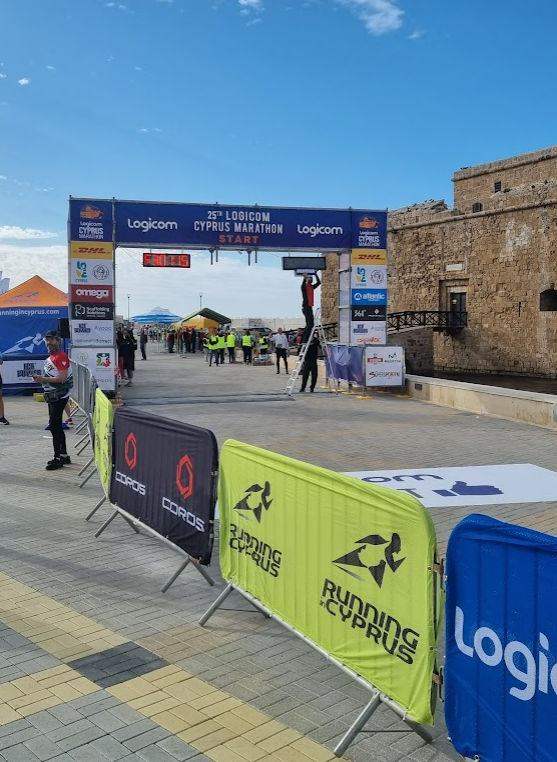
I ran the Cyprus half marathon wearing the Hoka One One Carbon X3, and it was an amazing experience. The shoes felt incredibly comfortable and light on my feet, and the cushioning provided just the right amount of support for the long-distance run. The Carbon X3 has a unique carbon fiber plate that helps with propulsion, which made a noticeable difference in my running stride. Overall, I was impressed with the shoes’ performance and would highly recommend them to any serious runner looking for a competitive edge.
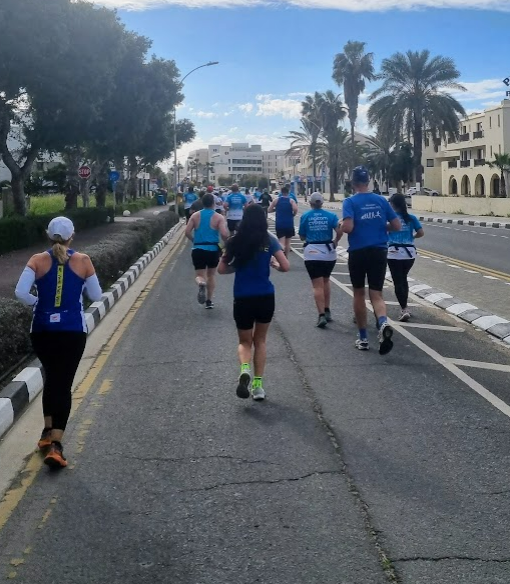
Despite the monotony of the course, the temperature was ideal with a strong wind that didn’t hinder the race. The course had a few uphill sections, but nothing too difficult. However, I wouldn’t recommend it to those who are looking to set a personal best due to the many turns and lack of variety in the terrain. Overall, it’s a great race for those who want to experience the beautiful scenery of Cyprus and enjoy a well-organized event.

Cyprus, is a small island country located in the Eastern Mediterranean. It is the third-largest island in the Mediterranean Sea and is known for its beautiful beaches, ancient ruins, and rich history. Cyprus has been inhabited since prehistoric times, and has been influenced by many different cultures throughout its history, including Greek, Roman, Byzantine, and Ottoman.
Today, Cyprus is a popular tourist destination, attracting millions of visitors each year. It has a warm, Mediterranean climate, with hot summers and mild winters, making it an ideal place for outdoor activities like running, hiking, and swimming. The island is also famous for its delicious cuisine, which features a blend of Greek, Turkish, and Middle Eastern flavors.
Race Review: Cyprus Half Marathon Read More »

